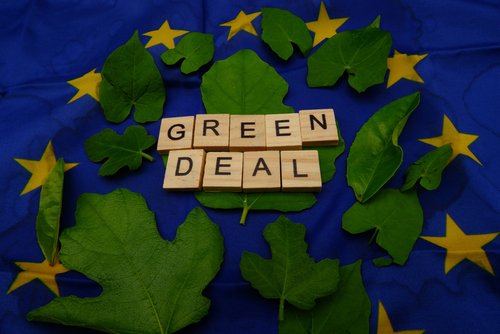Belgium, (Brussels Morning Newspaper) A group of 10 EU member states warned that the bloc’s green push is under threat, but did not say from whom.
The group of countries pointed out that attempts are underway in some EU members and the EP, according to Reuters reporting.
In a statement released on Wednesday, the group f EU member states stressed “we are looking with rising concern at the different calls to water down ambition across the files… and the concessions made in the context of finding compromises.”
The group is led by Denmark and includes Austria, Finland, Germany, Ireland, Luxembourg, Slovenia, Spain, Sweden and the Netherlands.
The countries expressed belief that “seen in isolation, these changes might seem justified or limited in impact, but adding them all up we risk missing the mark by 2030 and setting us on an impossible trajectory thereafter.”
The EU is currently scrambling to buy fossil fuels from suppliers other than Russia and looking for ways to deal with soaring energy prices, with the group of 10 member states calling on MEPs to ignore “short-term motives” for the sake of the green push.
Last week, the EP did not reach an agreement on the carbon market, following disagreements on how ambitious new rules should be.
At the same time, draft documents suggest that some EU member states may put off the expansion of the carbon market and turn towards an EU modernisation fund to build natural gas infrastructure despite the European Commission’s calls for the EU to stop financing fossil fuel projects.
Delays could cause more delays
Activists pointed out that failing to achieve 2030 climate goals could put the EU on a path where it would be difficult to achieve carbon neutrality by 2050.
They stressed that these milestones must be hit in order to avoid the worst effects of climate change.
EU member states are to discuss their position on the green push later this month, as is the EU Parliament, after which they are to negotiate together on new rules.
The bloc plans to lower its greenhouse gas emissions roughly 55% by 2030 compared to 1990 levels, which includes a ban on sales of new automobiles that run on fossil fuels by 2035, among other.




